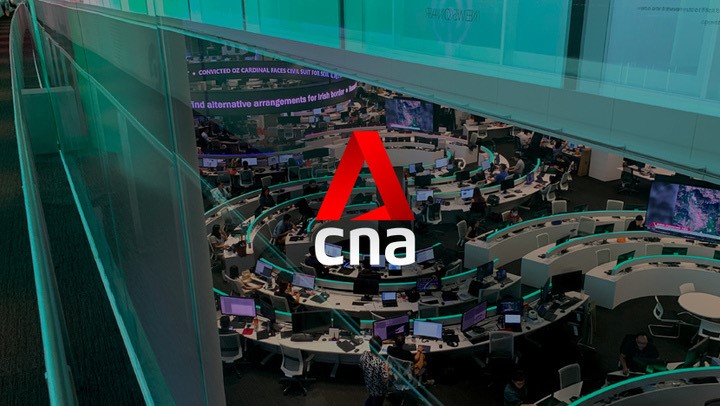REUTERS: Tesla reported record vehicle deliveries for the second quarter on Friday (July 2), which were in line with Wall Street expectations as the electric-car company dealt with a semiconductor bottleneck and depended on sales of its less expensive models. Tesla fared better than traditional automakers during the global supply crisis, but CEO Elon Musk has warned of difficulties obtaining chips and other materials.
Due to Tesla’s exposure to the cryptocurrency’s volatility, all eyes are now on its second-quarter earnings to see if recent reductions in bitcoin prices would have a negative impact on the company’s bottom line.
During the second quarter, Tesla delivered a total of 201,250 automobiles. According to Refinitiv statistics, analysts anticipated Tesla to deliver 200,258 units. Garrett Nelson, a stock analyst at CFRA Research, said, “It was a solid quarter to volume wise, but I view it as a modest disappointment.” After gaining as much as 3.3 percent in early trading on Friday, the company’s stock was trading flat.
Tesla supporters were ecstatic with the results. “The bulls got an early July 4th weekend good surprise while the Street was braced for unfavorable news this morning,” said Dan Ives, an analyst at Wedbush Securities. Tesla stated, “Our employees have done a great job navigating through global supply chain and logistics hurdles.” Strong deliveries of its Model 3 sedans and Model Y crossovers, the company’s two lower-priced versions, offset a decline in deliveries of its higher-end Model S and X variants, according to the figures. Tesla has been hiking its vehicle costs in recent months, which its billionaire CEO, Elon Musk, blamed on “significant supply chain price pressure,” particularly in raw materials, in May.
In early June, he also stated that “The supply chain, particularly microcontroller chips, is our largest concern. It’s unlike anything I’ve ever seen.” The worst may be gone for Tesla in terms of chip shortages, according to RBC, but the potential margin hit from broad supply chain tightness might last the rest of the year. FALL DELIVERIES FOR MODEL S,X Tesla sold 99 percent of its Model 3 and Model Y vehicles, despite the fact that its new Model S was only released in June after many delays. Tesla announced that overall deliveries of its higher-priced Model S and X automobiles decreased to 1,890 in the April-June period, down from a measly 2,020 in the previous quarter. Just three days after being delivered, a Tesla Model S Plaid electric vehicle with a price tag of US$129,990 erupted into flames as the owner was driving. When contacted by Reuters, Tesla did not respond immediately. In May, Tesla sold 21,936 Model 3 and Model Y cars in China, rebounding from a sales drop in April but still falling short of March’s totals. In the following days, it will reveal its June sales in China. Tesla is facing increased competition from local EV firms as well as increased scrutiny from regulators and the general public in China, a crucial growth market for the company. Tesla will’recall’ approximately 300,000 China-made and imported Model 3 and Model Y cars for an online software upgrade related to assisted driving, according to Chinese officials. Analysts believe that sharp decreases in bitcoin prices could hurt Tesla’s second-quarter earnings. Tesla announced its $1.5 billion bitcoin investment on February 8. Through the selling of 10% of its bitcoin assets, it was able to create profits in the first quarter. However, the transaction exposes Tesla equities to the unpredictable cryptocurrency market, which has seen recent drops. Despite bitcoin representing for a minor fraction of Tesla’s overall cash, “Tesla stock price has been quite closely linked with the price of bitcoin,” Nelson said, adding that this damages investor sentiment./n



